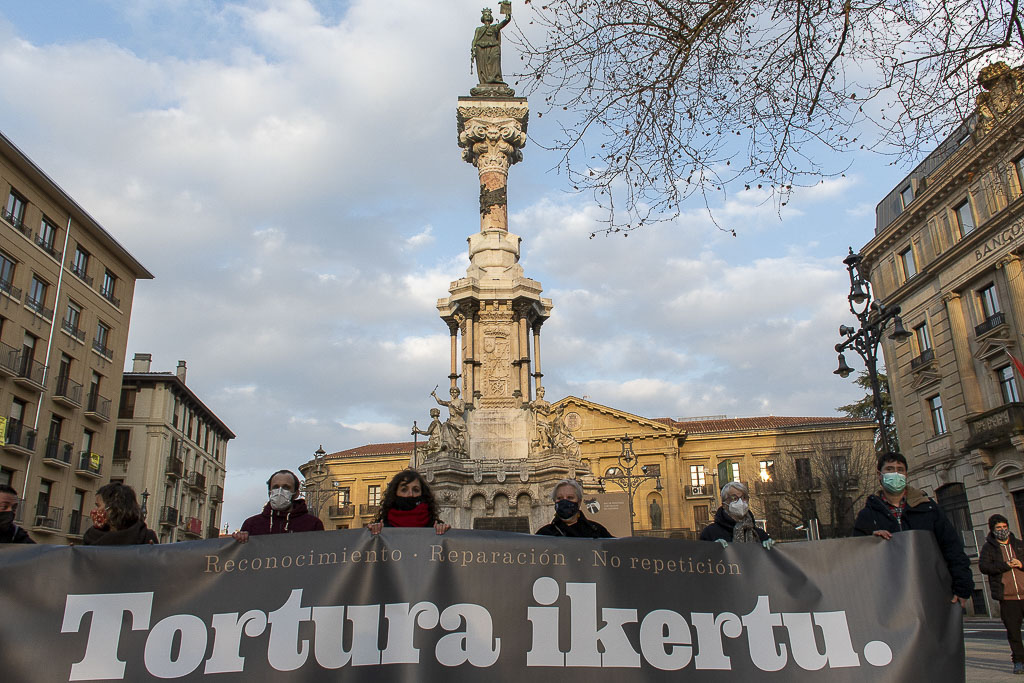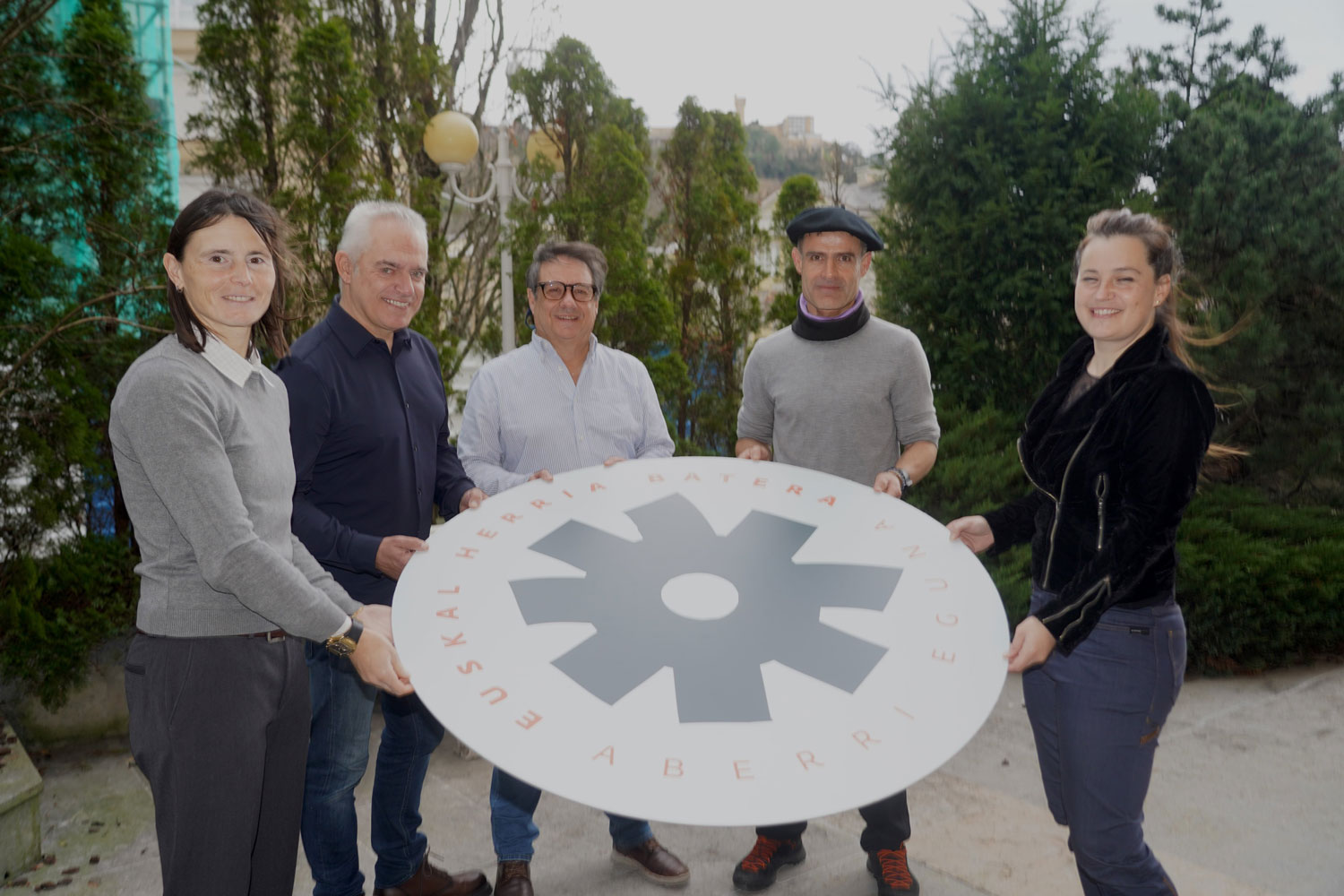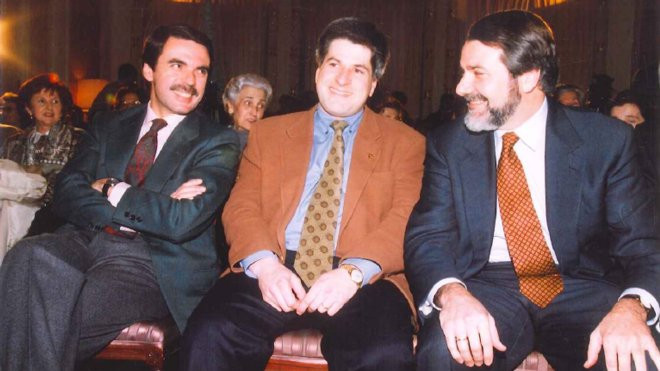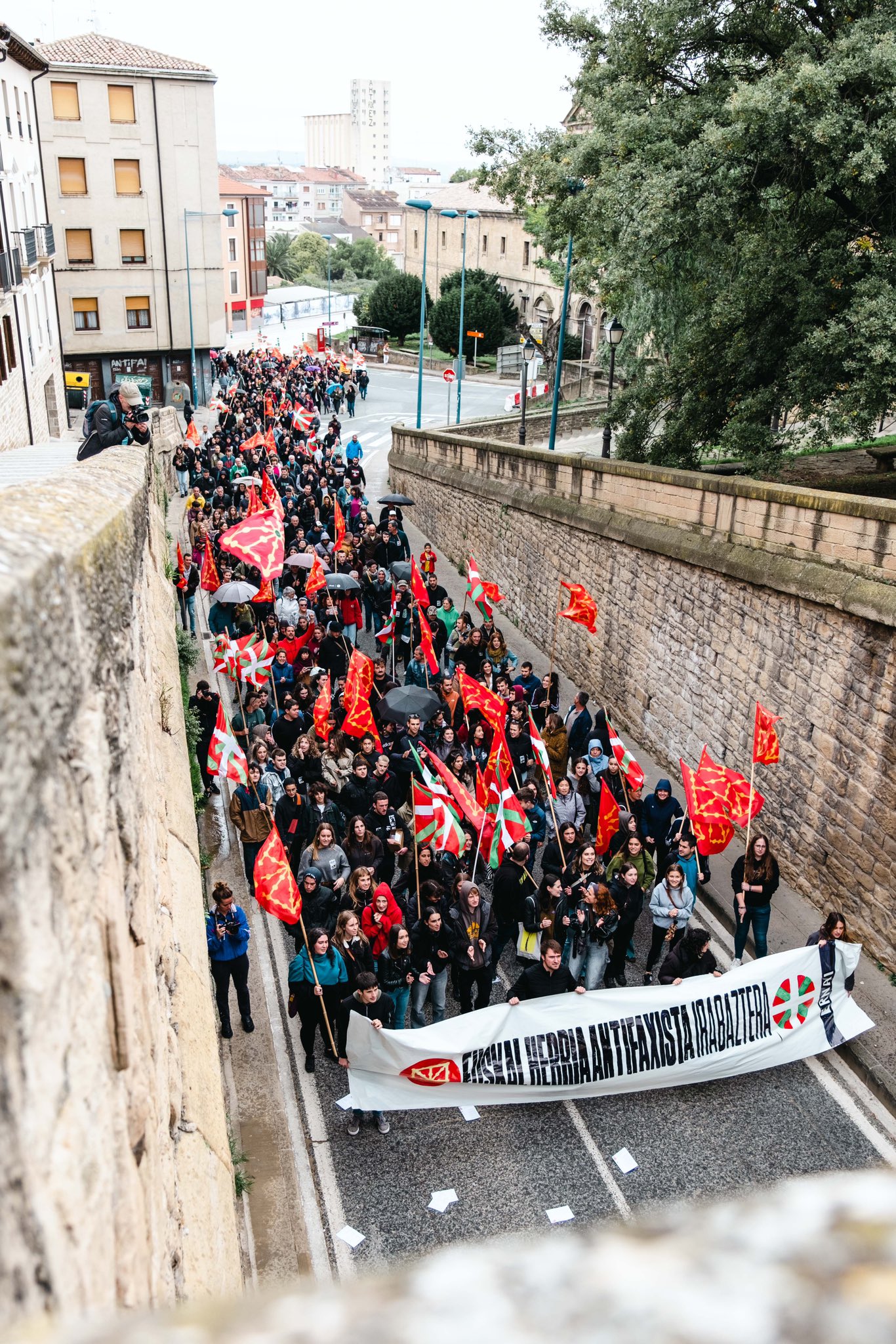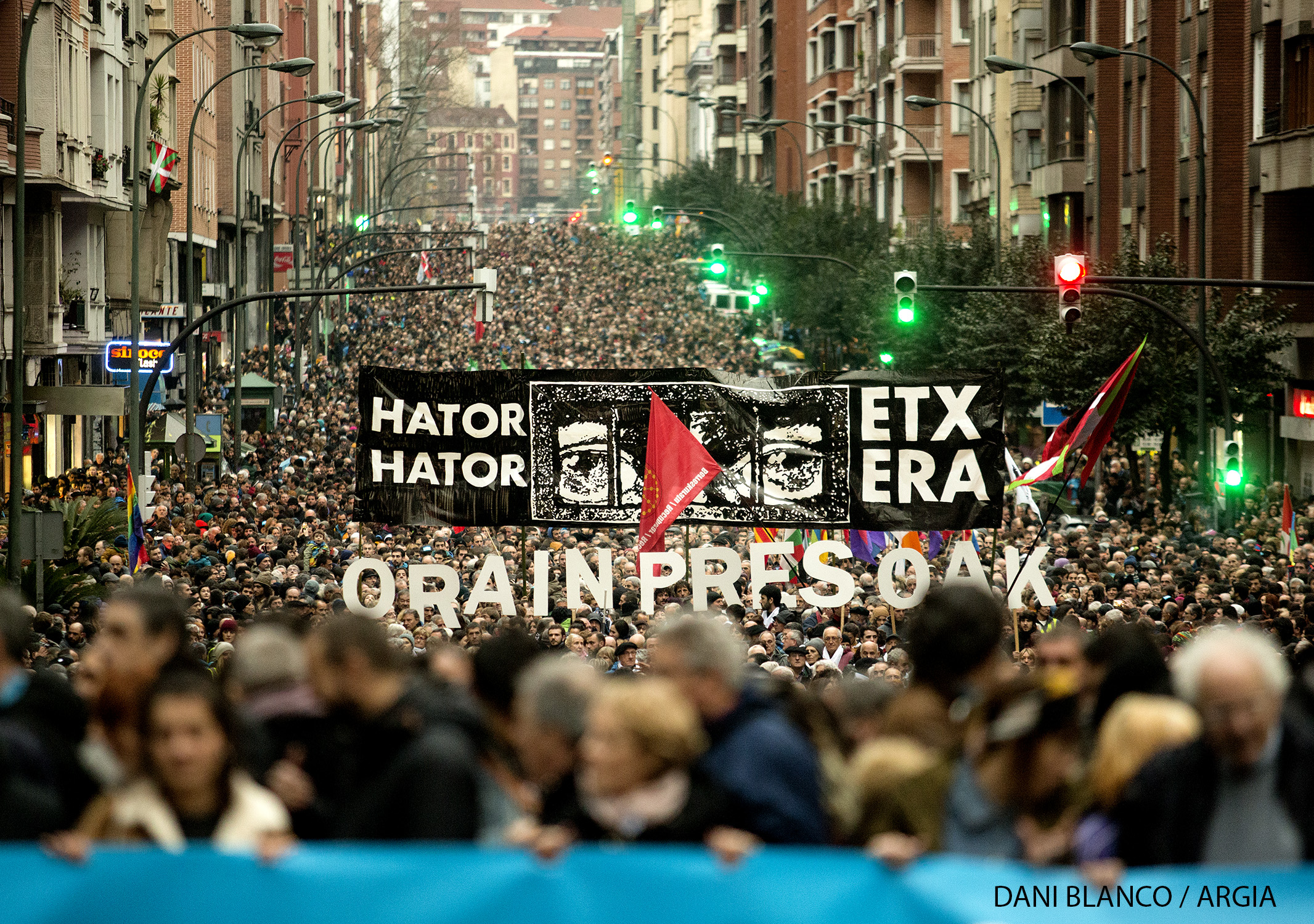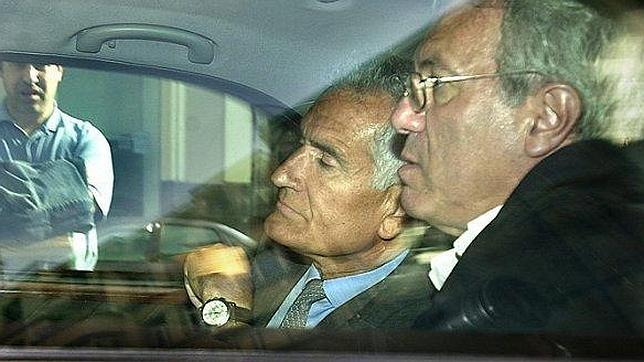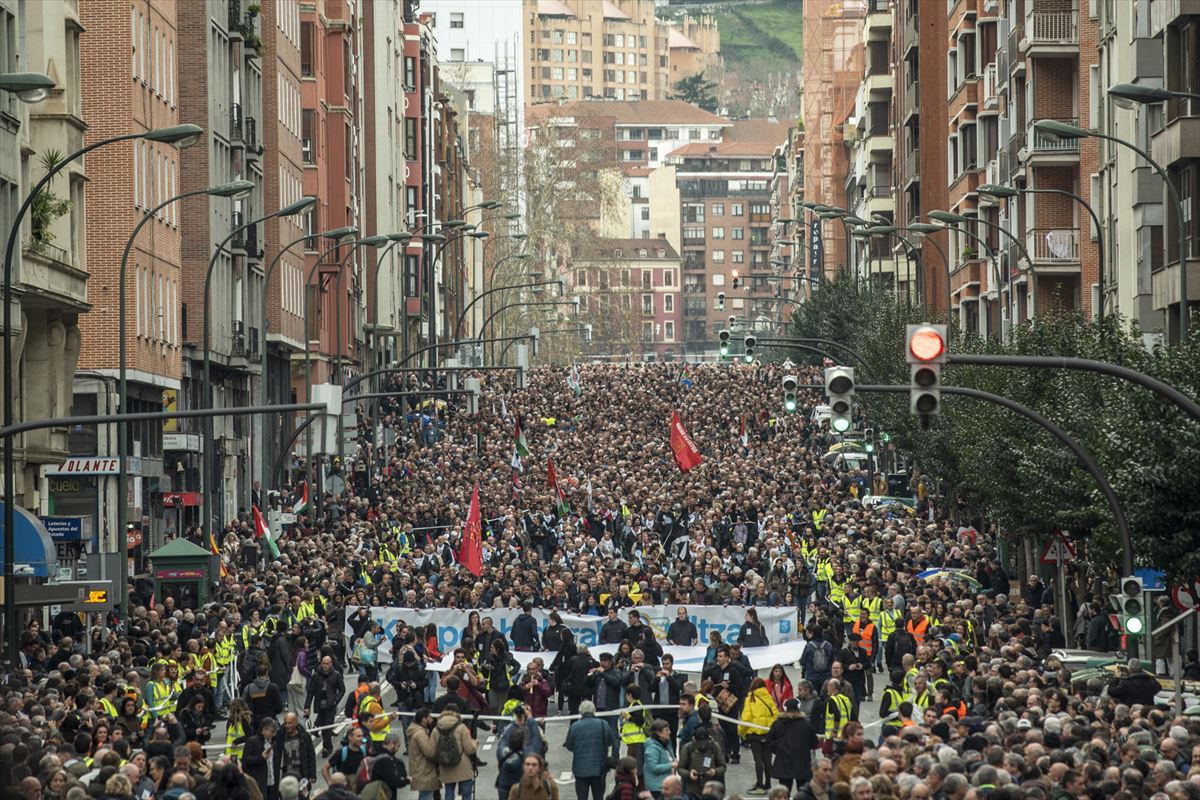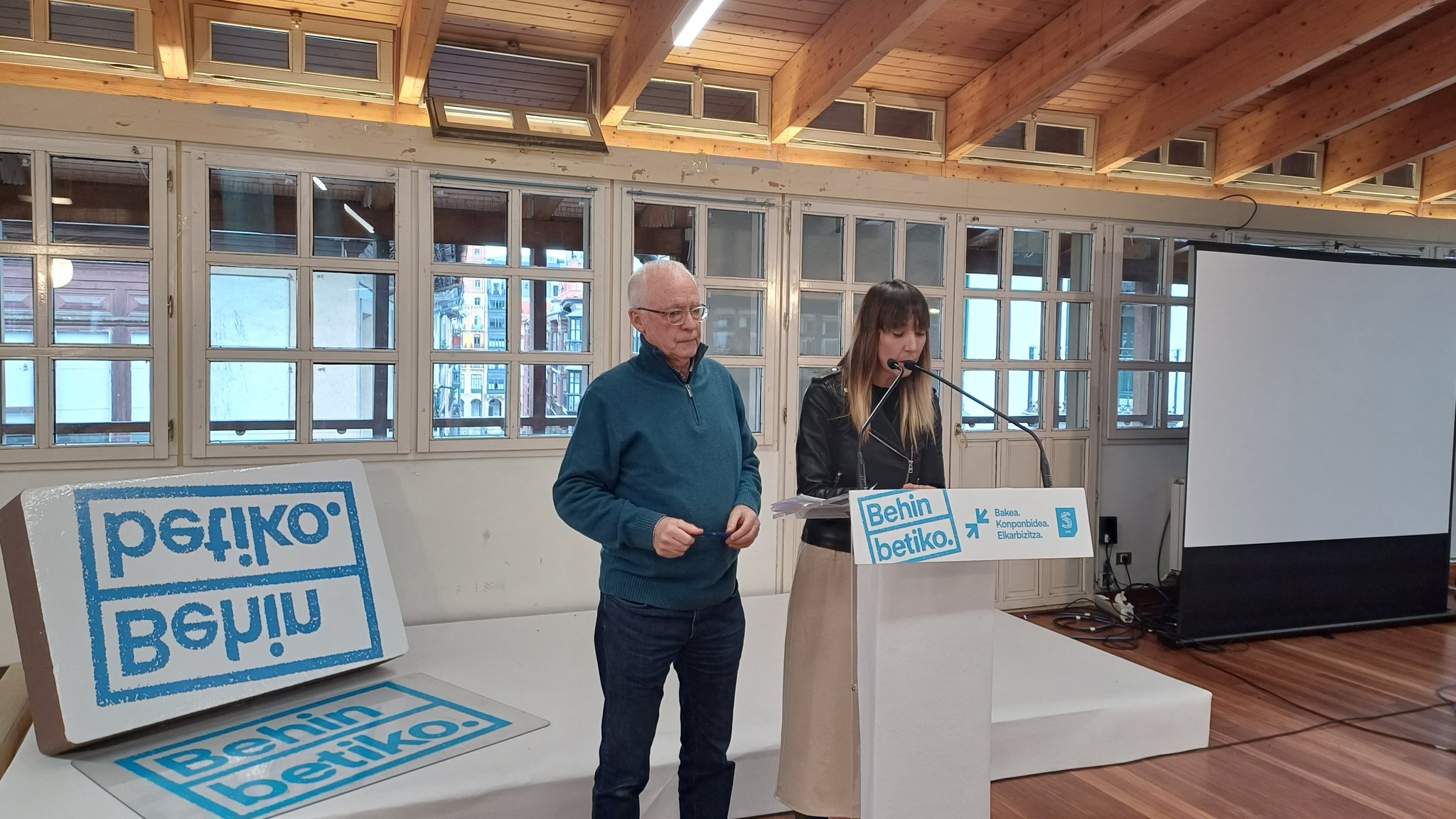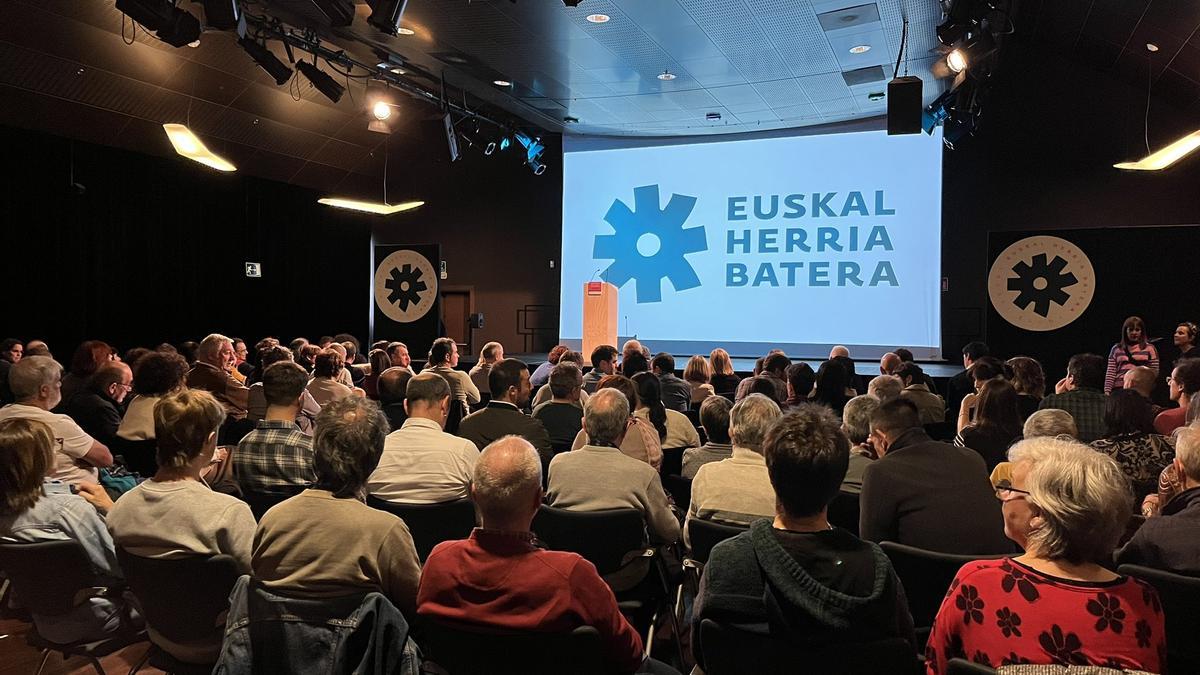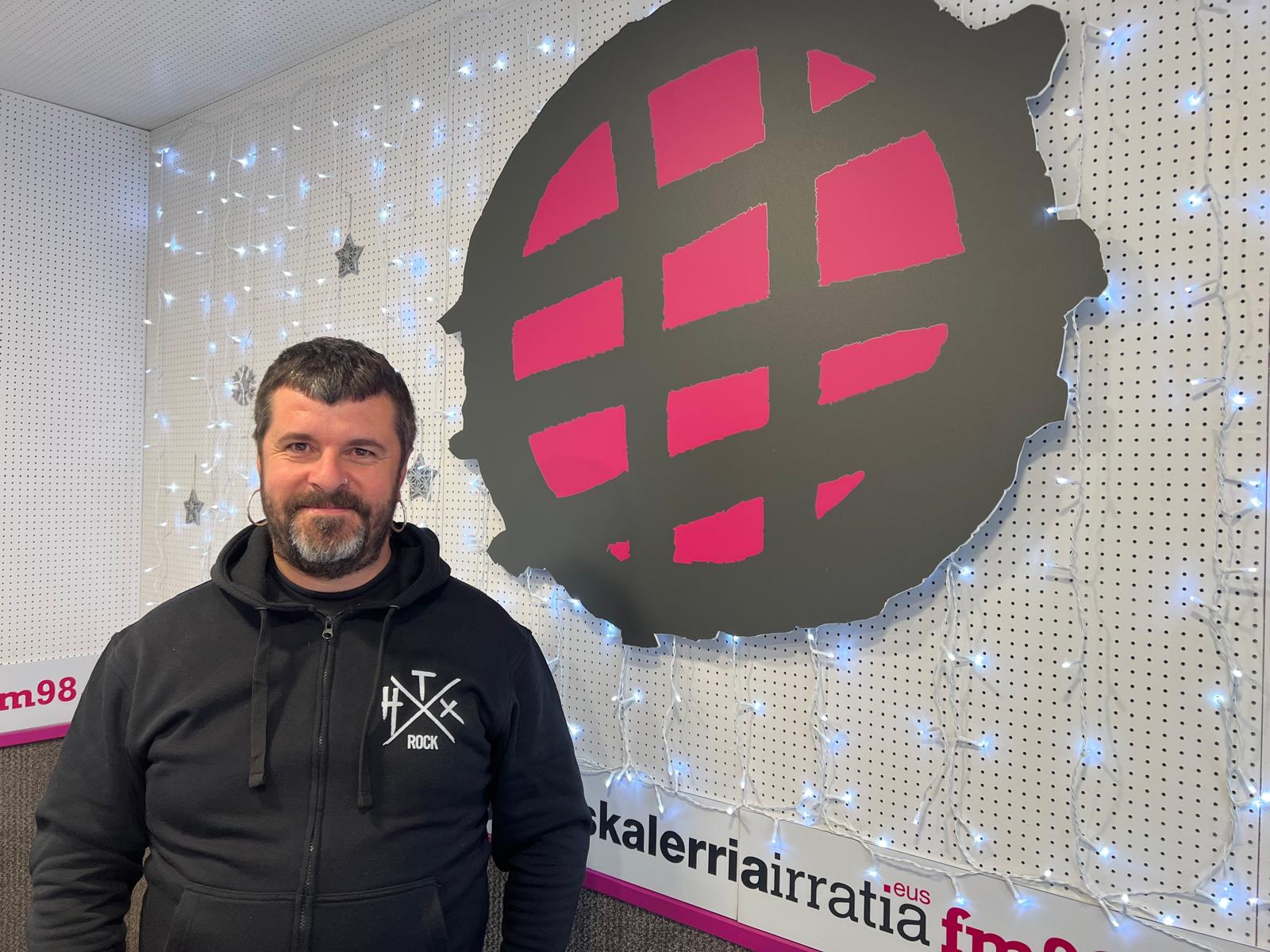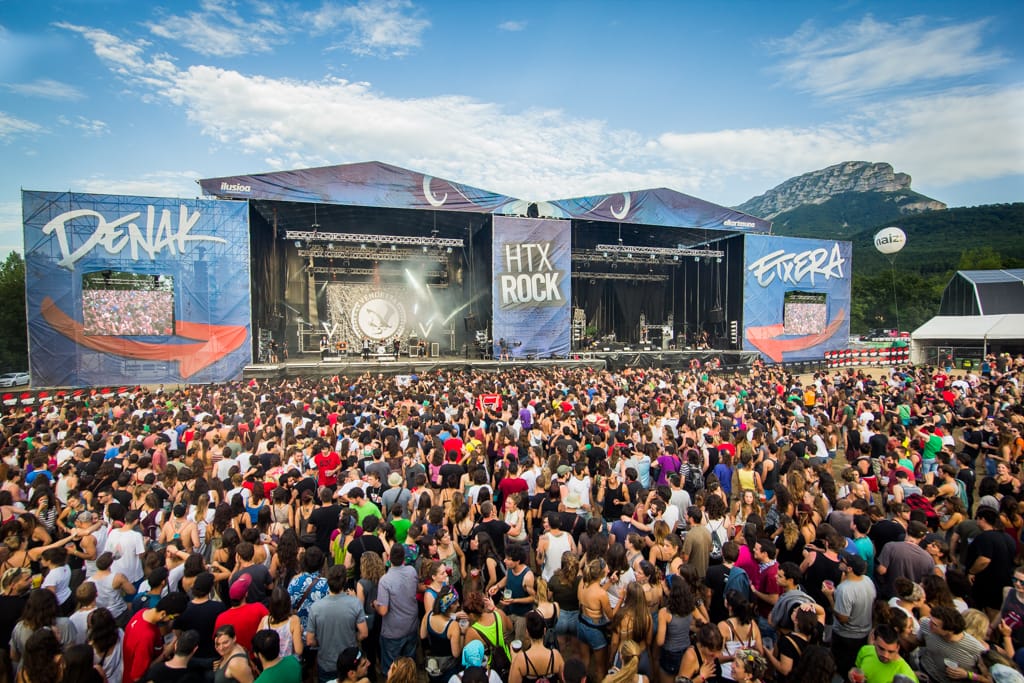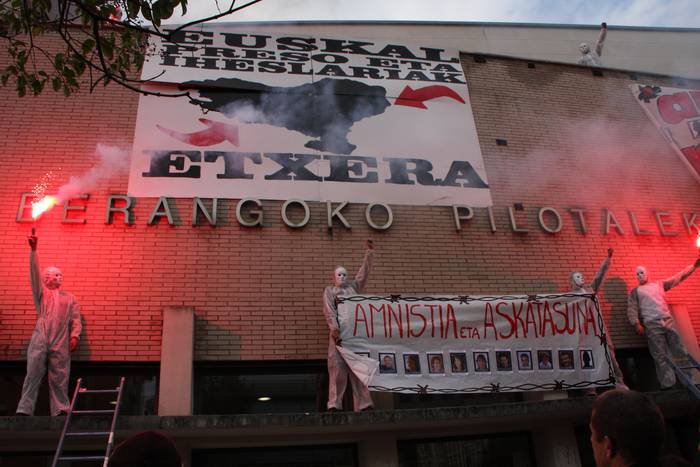
Memory Day and Barrionuevo bring their memory days to us. From the point of view of memory, important steps have been taken in recent years in the Basque Country. It is all very well that violence recognises those who have led it in a thousand ways. But there are victims and victims, they have always been. At times, for example, hardly anyone remembered the civilian guards murdered by ETA, and large funerals and demonstrations were held when the ethnic groups were killed.
The Ajuria Enea Pact turned this situation gradually, more tender as ETA and the Abertzale left plunge into the black hole. But neither then nor today, not all victims are equal except in pain and suffering. Nobody has ever treated equally, neither the murderers – ETA or the state – nor society, nor justice. The victims of ETA and the state, there is fundamentally the inequality gap. It is political, not ethical.
The pillars of memory are truth, justice, reparation and not repetition. And that's why victims are different, because in those parameters you don't act the same way. Even more so when the Spanish State is trying to repeat the past. There are eleven inadequate positions of the State since ETA abandoned its armed activity in 2011, incompatible with the equal practice of memory (imprisonment, trials, attitude towards prisoners, lack of recognition of torture, official secrets..). But not only from him, the Ertzaintza has been the subject of hundreds of allegations of ill-treatment, resulting from the investigation carried out by the Basque Government itself, but no one has been tried or convicted.
There is no future if it is not true, the memory says. Memory is rejected, but it's also a way to understand what happened. But this requires a lot of generosity and good relationships of strength. The Abertzale left out of the armed conflict as it emerged, which has also had a significant impact on the memory realm.
On October 18, 2021, the “Basque independence left” made a famous expression: “We do our pain [that of ETA victims], and from that honest feeling we say that that should never happen.” To do it by itself or because they ask it is very different. What does it really mean that “that should never happen”? What was Franco's ETA wrong? Or the death of the dictator? Or ETA of any time? What was the armed struggle wrong? So, also all the activity of that ENAM flag? From the point of view of memory, what is more constructive for Basque society: talking about it without risk of going to jail and being able to reflect publicly or use memory, above all, to continue to fatten the story of the winner?
Jar gaitezen 2025erako proposamen politiko gisa, Espainiako Auzitegi Kolonialaren (AN) epai guztiak berrikusten hasteko eta makila bakoitzak bere belari eusteko.
Unionismoarekin lerrokatutako alderdi, sindikatu eta gizarte-erakunde gehienek, eta ez bakarrik horrela... [+]
Next Saturday, 11 January, the Sare citizens' network called for a new demonstration in Bilbao in defence of the rights of Basque prisoners. This is a unique opportunity to move forward on the path of coexistence in our people, after decades of violent confrontation and, even... [+]
Hatortxu Rock jaialdiko 29. edizioa egingo da larunbatean Atarrabian. Sarrerak jada agortuta daude, baina txandak osatzeko laguntza behar da oraindik.








